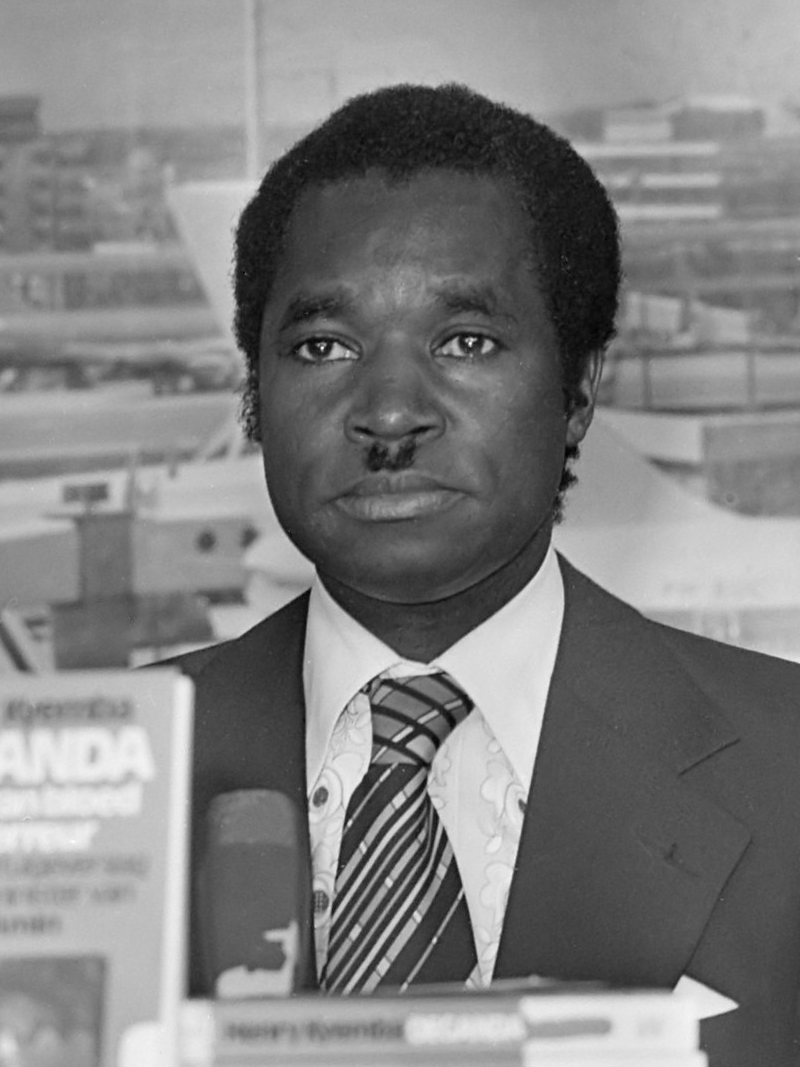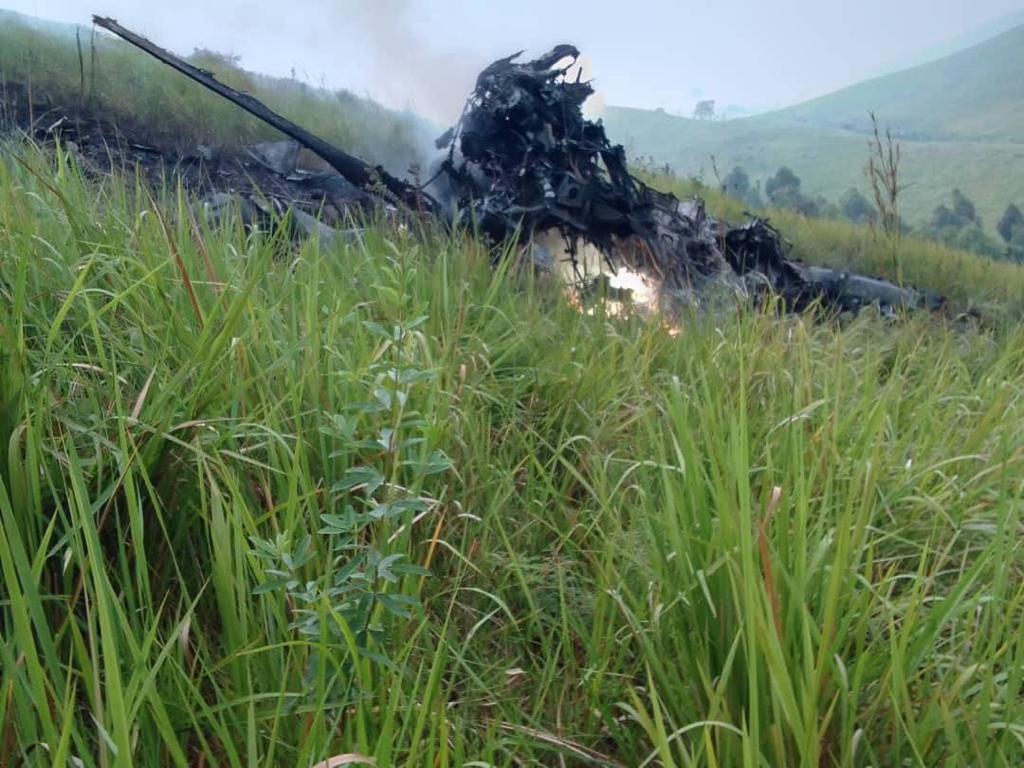Steven Ariong, Teso – Fish farming in the Teso region was initially viewed as a waste of time by the Iteso community, who believed fish could only be caught from lakes, not reared.
This perception changed when the government enforced restrictions on fishing in Lake Kyoga. The government’s restrictions were met with resistance from some fishermen. Many were arrested, with some later released, while others remain in prison.
There were also reports of fishermen being beaten by security personnel assigned to protect the lake when they were found using illegal fishing gear.
This situation forced fish consumers to seek alternatives. Some reduced rice cultivation in wetlands and turned to fish farming.
Although starting fish farming presented challenges, many Iteso farmers found it manageable with assistance from the Ministry of Water and Environment.
Despite limited funding, the ministry has helped many fish-loving farmers avoid arrests and imprisonment by constructing fish ponds that have transformed lives in the region.
The Ankole Times learned that during the last financial year, the ministry received insufficient funding, hindering its ability to fully perform its duties.
Nevertheless, the ministry has achieved significant progress despite being underfunded.
One notable achievement is the Opiyai fish farming project in Soroti City, one of many fish ponds in the Teso region that has lessened the pressure on Lake Kyoga.
This publication also learned that 40% of the fish sold in Teso markets are now sourced from fish ponds. This has enabled many farmers to pay school fees for their children and afford household necessities.
Joseph Opule, a fish trader from Arapai, told The Ankole Times on Thursday that the promotion of fish farming has significantly improved local earnings and that more farmers need to be supported.




















